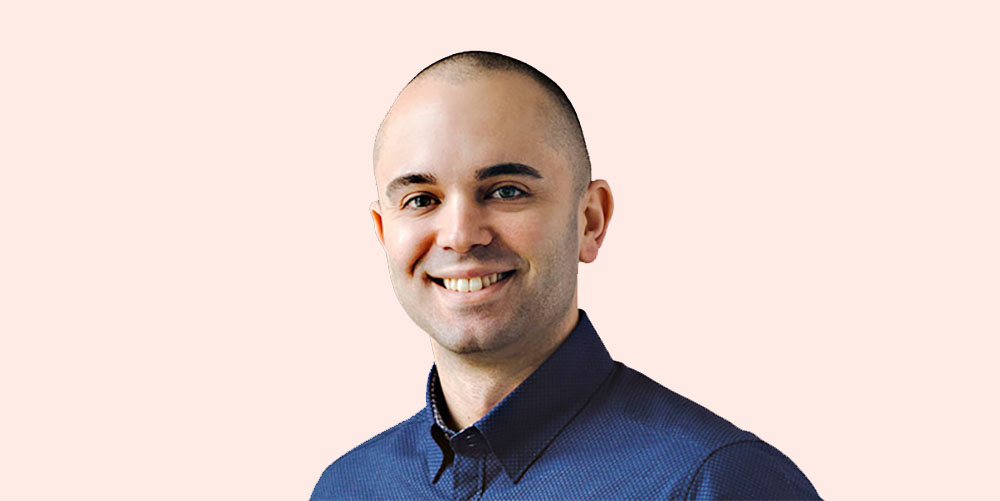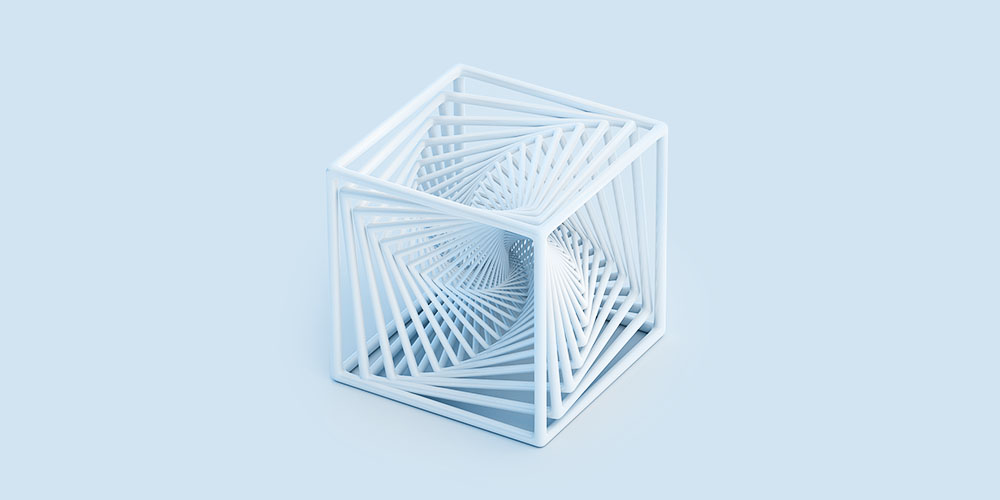Every story we read, watch on film and TV, or hear about has archetypes that show up over and over again.
That’s not accidental.
Groundbreaking psychologist Carl Jung studied them as a set of 12 universal symbols meant to represent the unconscious models shared by all people.
According to Jung’s theory, unique characters are what give each story its momentum, depth, and potential for development. And as you’ve probably noticed, every story has its own (anti-)hero, villain, or underdog. Without them, the same story could feel unfamiliar and less persuasive.
However, archetypes are not limited to fictional characters: they can also be applied to real-world brands. Brand archetypes are formed by the combination of a brand’s identity, voice, public persona, as well as how your brand corresponds to its target market.
Whether you designed your brand identity to fit a certain archetype on purpose or it happened by chance, it’s important to be aware of your brand’s archetype(s) and how it affects your relationship with your target audience. This will help you build deeper connections, especially for SaaS businesses.
In this article, we will go over the 12 brand archetypes, analyze some of the biggest SaaS companies and see which archetype they belong to.
Don’t wait for the muse. Apply this step-by-step method to write high-performing email campaigns in hours, not weeks.
What are the 12 brand archetypes
There are a total of 12 brand archetypes, but many businesses also leverage their “core” and “influencing” archetypes.
Think about marketing agencies on Twitter: on their website, they can mostly connect with one identity. But when they tweet, they can change their dominant archetype by giving helpful information in an influential way.
The best brand personas are based on the central archetype that best represents the stated goals, values, and purpose of the brand. This helps followers connect with the brand on a personal level and gives them a sense of community. The two are linked because their brand personalities are similar, or because the individual has similar role model preferences.
Let’s have a look at the 12 common brand archetypes, how to place your own brand within that larger framework, and how some of the biggest SaaS companies present their brand personas through them.
#1. The Innocent
Innocent archetype brands are those that are upbeat, positive, and good at heart. They value security above all else, avoid conflict at all costs, and see the world through a childlike lens of wonder.
These brands succeed when they make people happy and put less emphasis on novelty and more on virtues like honesty, simplicity, and good character.
These brands spark happiness, providing you with the motivation to “do the right thing.” Some of the biggest brands that give you this sense of identity are Innocent, Volkswagen and Dove.In the SaaS industry, Notion is one lovely example. Their brand is simple and positive, and their product empowers users to do virtually anything.
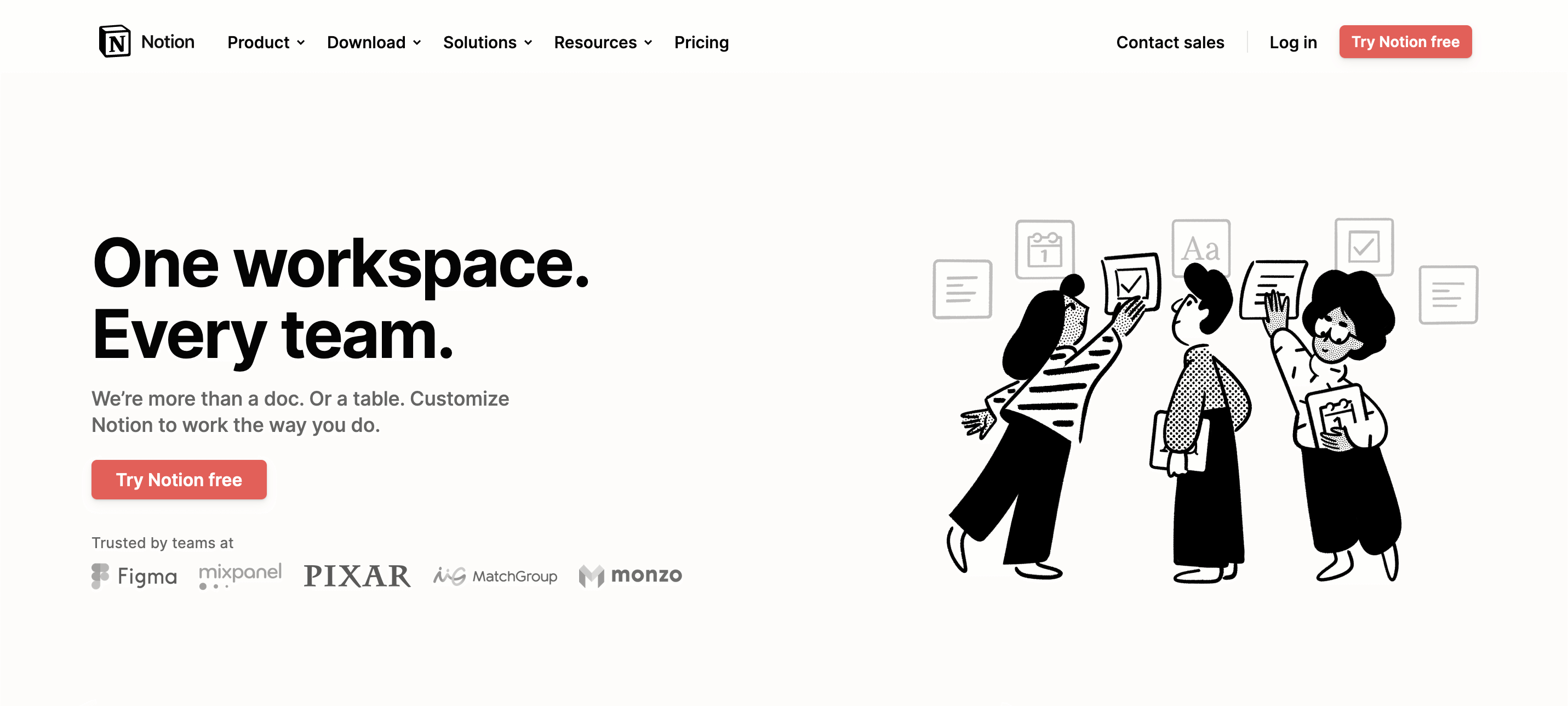
#2. The Sage
The Sage archetype represents those who have attained great levels of understanding. It personifies a wise guide or a mentor.
Companies that adhere to this archetype have faith that “the truth will set them free.” Their goal isn’t to make a difference themselves, but rather, to help others make a difference by giving them access to resources. As a result, they make great role models, inspirational leaders, and insatiable students.
This is the most common archetype among news outlets such as MIT, The Guardian, and BBC.
PlanetScale is a great example of a Sage company in SaaS.
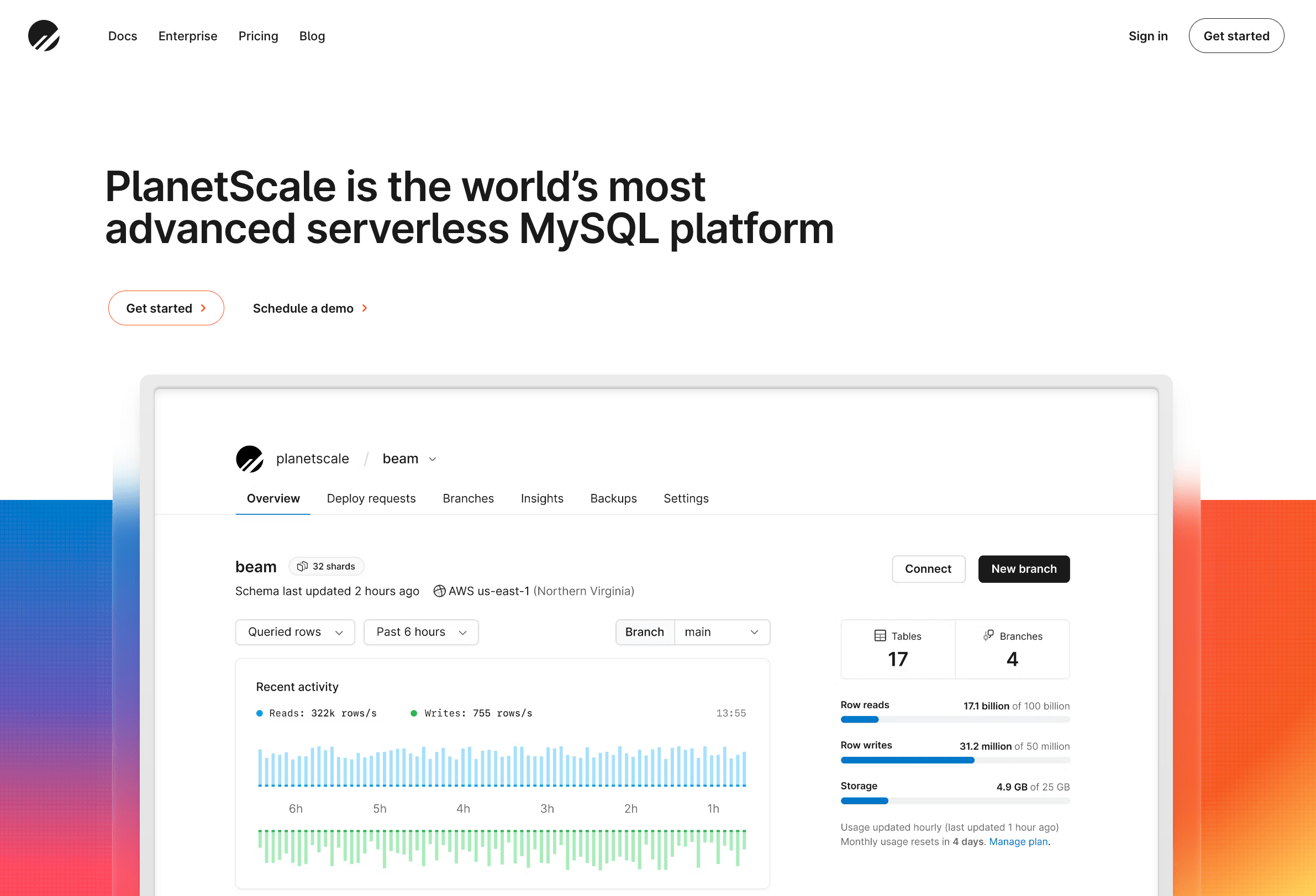
#3. The Explorer
Companies that identify with the Explorer archetype are often motivated by a desire to experience something completely novel.
They are motivated by a thirst for knowledge and a yearning for freedom, both of which lead them to seek out new experiences. These companies thrive when they challenge themselves by venturing into uncharted territory. They are fearless and independent, and they despise conformity.
With the goal of exciting their followers, they let them “seek out new opportunities” just like NASA or National Geographic.
In the SaaS industry, brands like GitHub shape new products, offer users unlimited possibilities, and help them discover “a better tomorrow.”
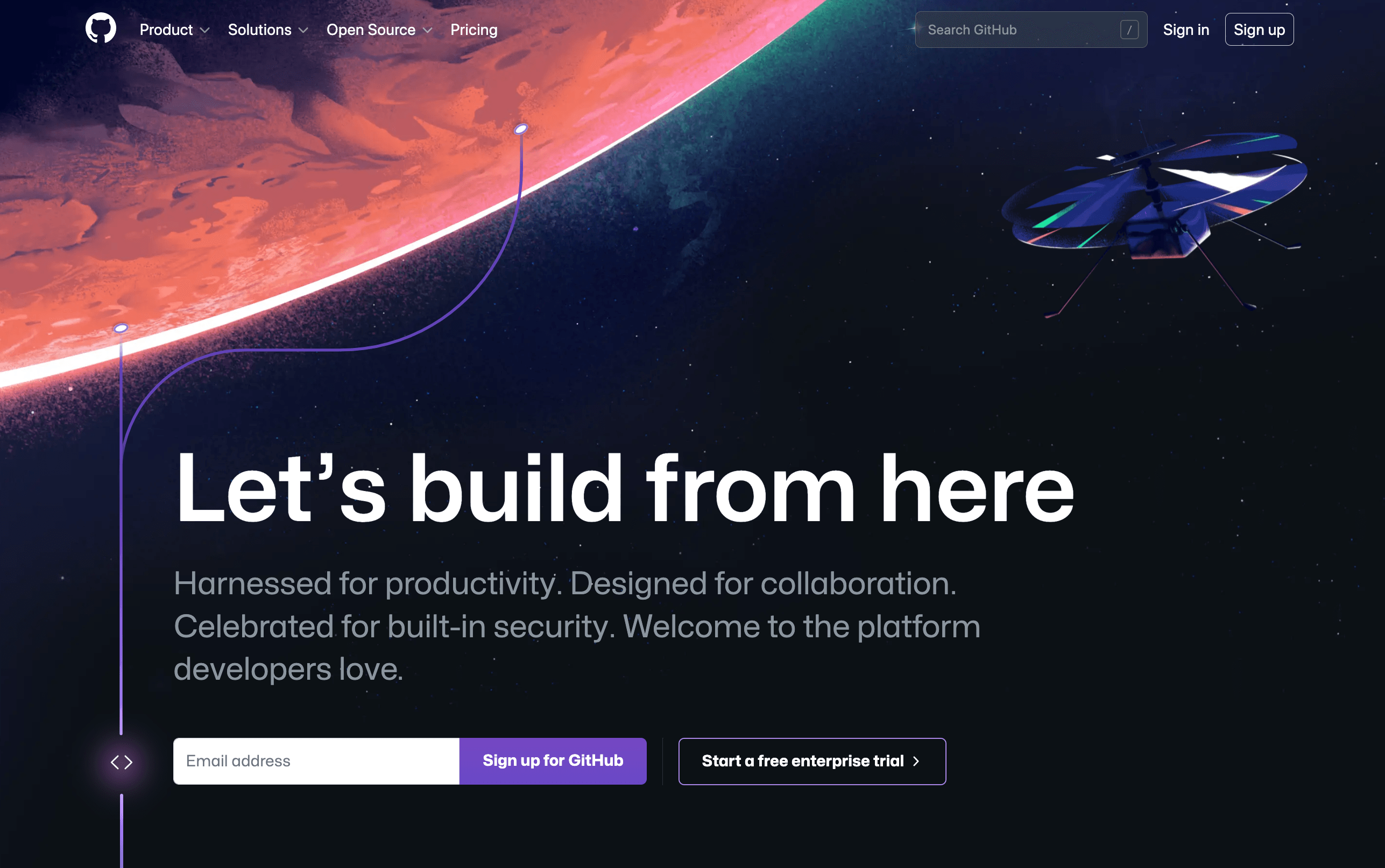
#4. The Outlaw
The Outlaw or Rebel archetype has an ingrained drive to challenge established norms and order. Aiming to shake things up in their respective fields, they seek to challenge the status quo.
Rebels are those who seek to tear down pre existing systems and discard the manual.
Like Explorers, they seek personal independence by venturing into unfamiliar territory and taking chances to develop their own personal style and that of others, which limits their general appeal. But in its place, they generate a cult-like fan base and solidify the attachment of a specific demographic to the brand.
The most popular outlaws are Greenpeace, Red Bull, and Harley Davidson. In the Saas industry, Fathom Analytics exemplifies this archetype. They’re going against the GA “villains” and offering privacy-first analytics.
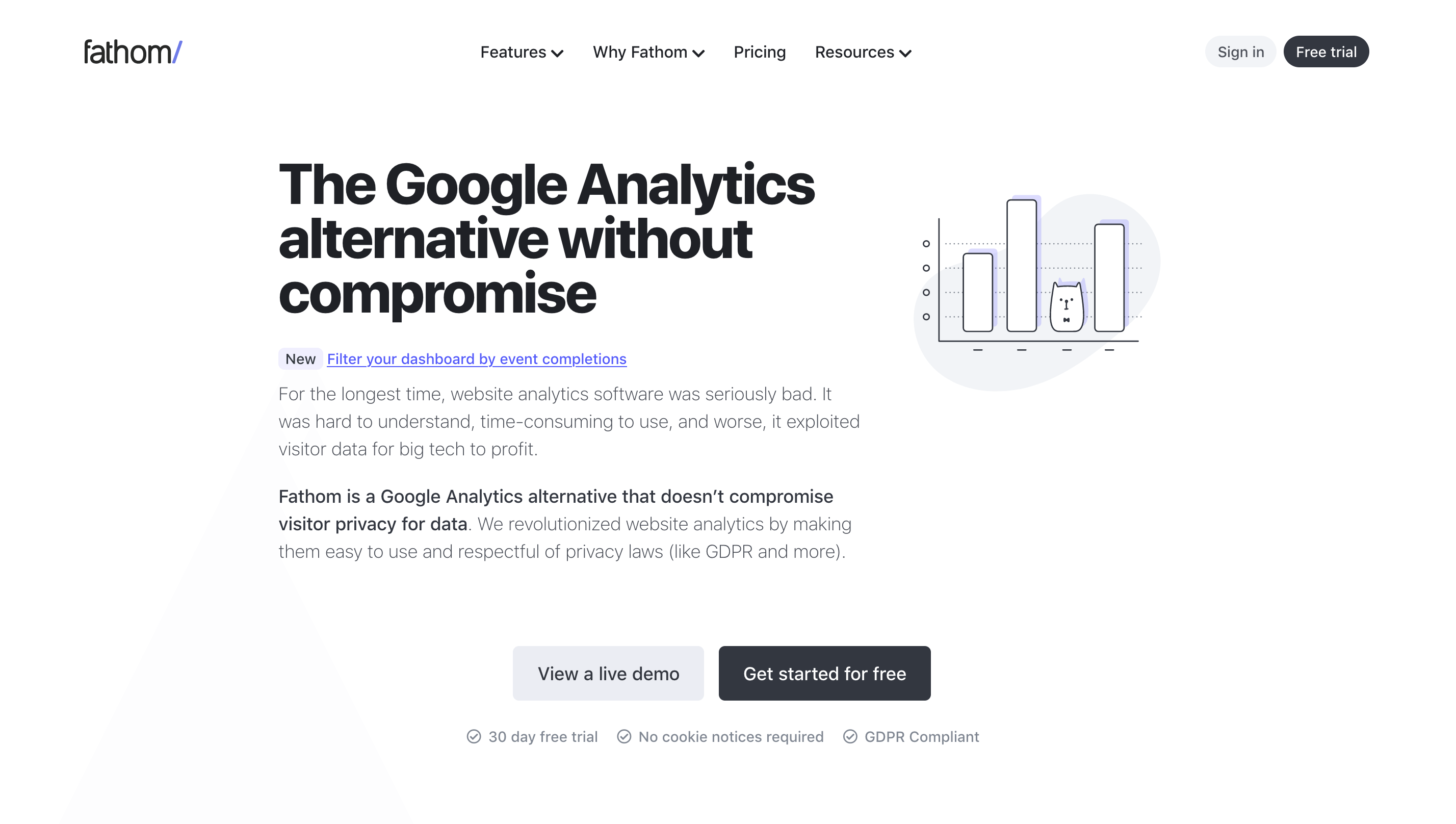
Caution is advised for Outlaws who want to avoid alienating their audience by acting too unconventionally, especially if that audience doesn’t share their Outlaw values.
Because of the potential backlash from the brand’s followers, if the persona isn’t executed properly, few companies choose it.
#5. The Magician
This brand persona aspires to turn imagination into reality by making a unique product. Magicians are highly intuitive and imaginative. To do this, they plan to take the audience on a fantastical adventure full of unexpected and memorable events.
Companies like Sage value knowledge, but they put it to work to make their vision a reality and spread it around the world. They also create a unique vision and make impossible things possible, such as MAC Cosmetics or Dyson.
Among SaaS brands, Linear has won the hearts of many software developers with their intriguing design and impeccable functionality.
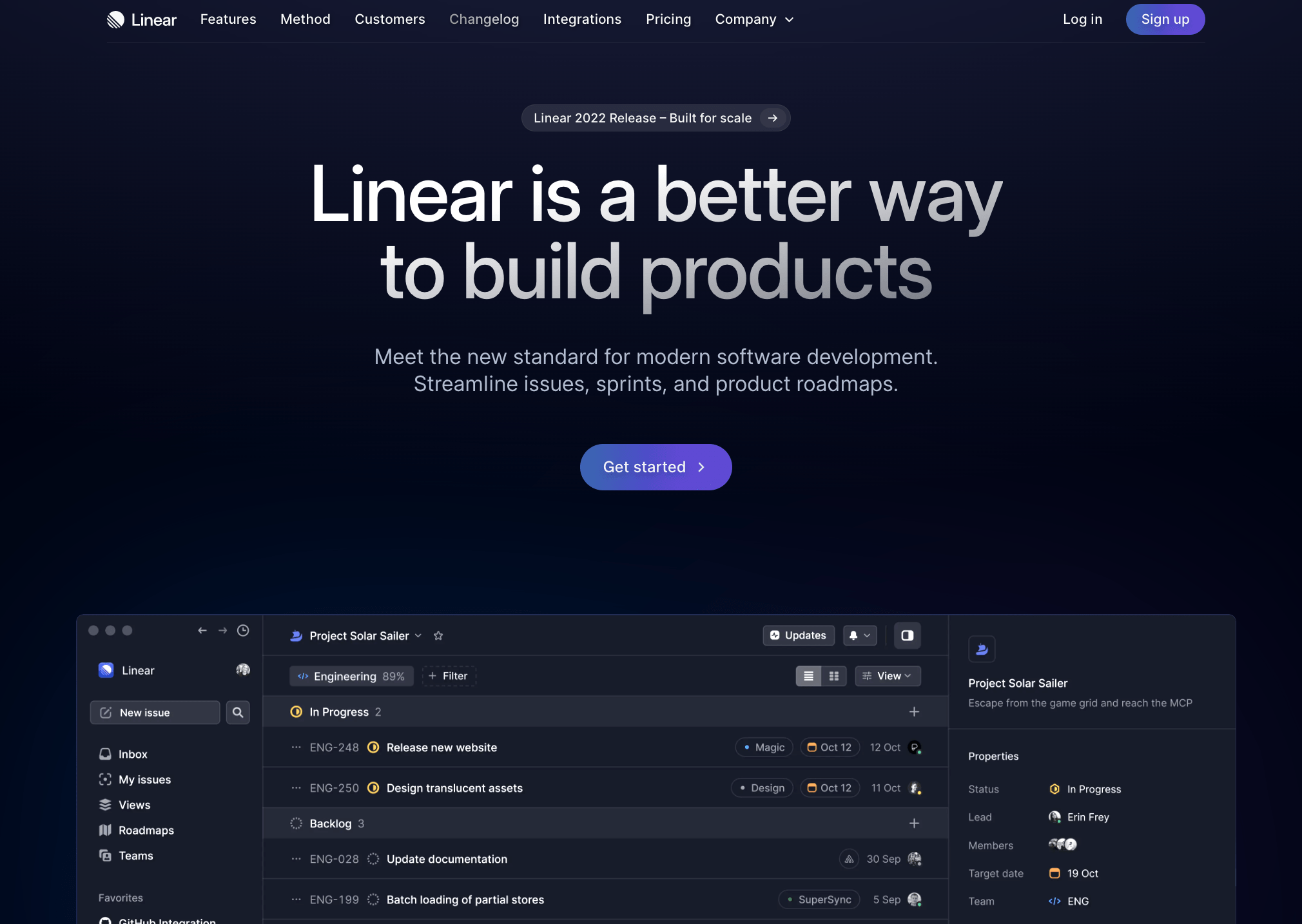
Don’t wait for the muse. Apply this step-by-step method to write high-performing email campaigns in hours, not weeks.
#6. The Hero
The world needs Hero brands because they are out to change it. They have a deep understanding of right and wrong and inspire others with their bravery and moral clarity.
The brands that fall into this category have a strong belief that overcoming obstacles and working hard is the key to success. They also take pride in being unique because they consider their work to be empowering and significant.
Nike and BMW perfectly resemble this archetype, but it can also be found in Stripe which puts focus on the platform they created.
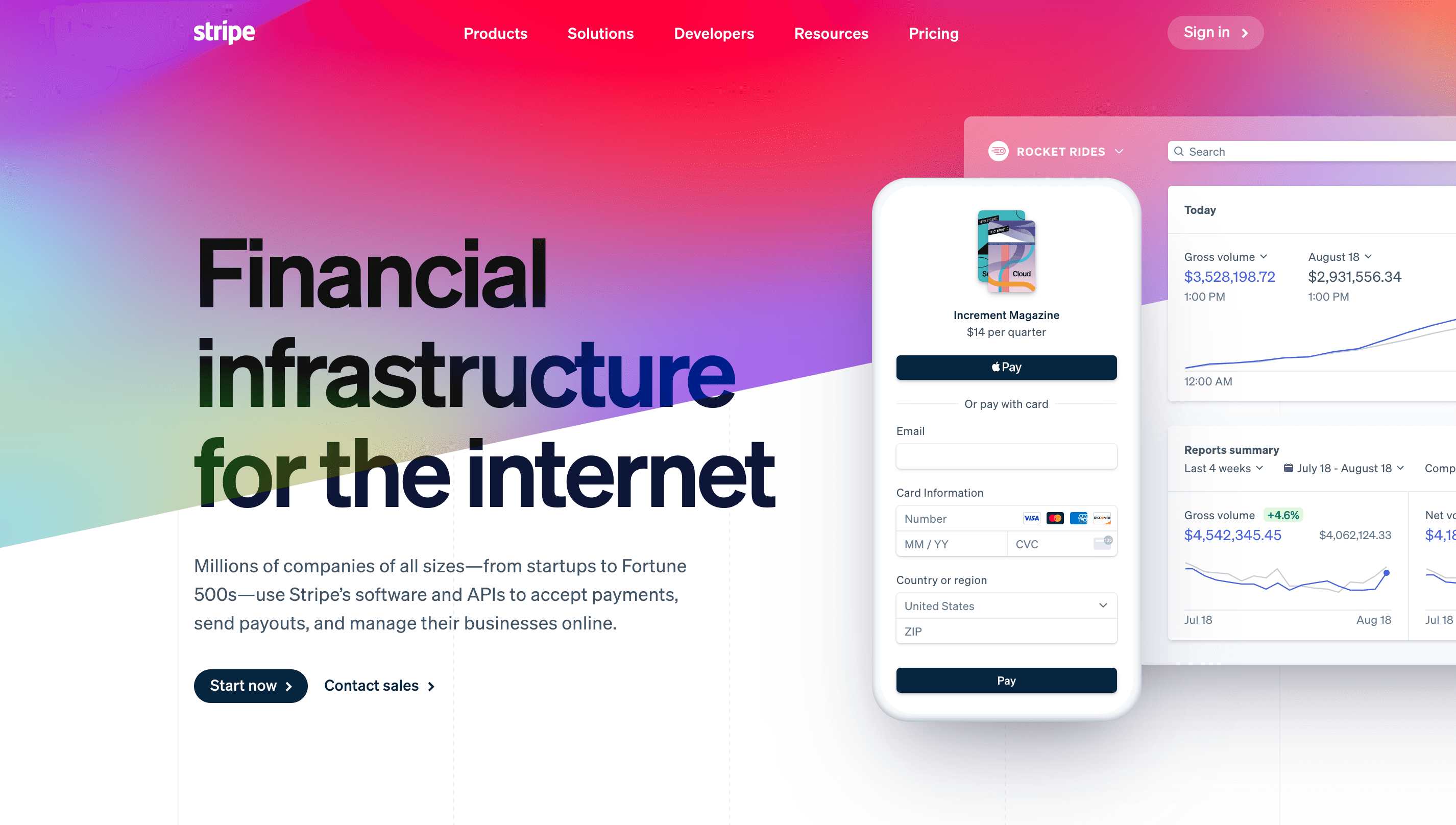
#7. The Lover
Those who are looking for love and friendship can turn to brands that embody the Lover archetype. It’s possible that other Lover products would make it easier to talk to one another, enhance personal attractiveness, or bring people closer together.
Brands that cater to the Lover archetype can be about any kind of love, not just romantic love; examples include those that emphasize family, friendship, and even faith.
These companies place a premium on showing their customers how much they appreciate them, and they often foster an environment where employees work together as part of a cohesive team.
An ideal fit for the Lover persona would be a brand of perfume or cosmetics, a fine bottle of wine, or rich and decadent cuisine.
In the startup world, Mercury comes to mind. Not typical for a financial company, they have refined aesthetics and amazing support.
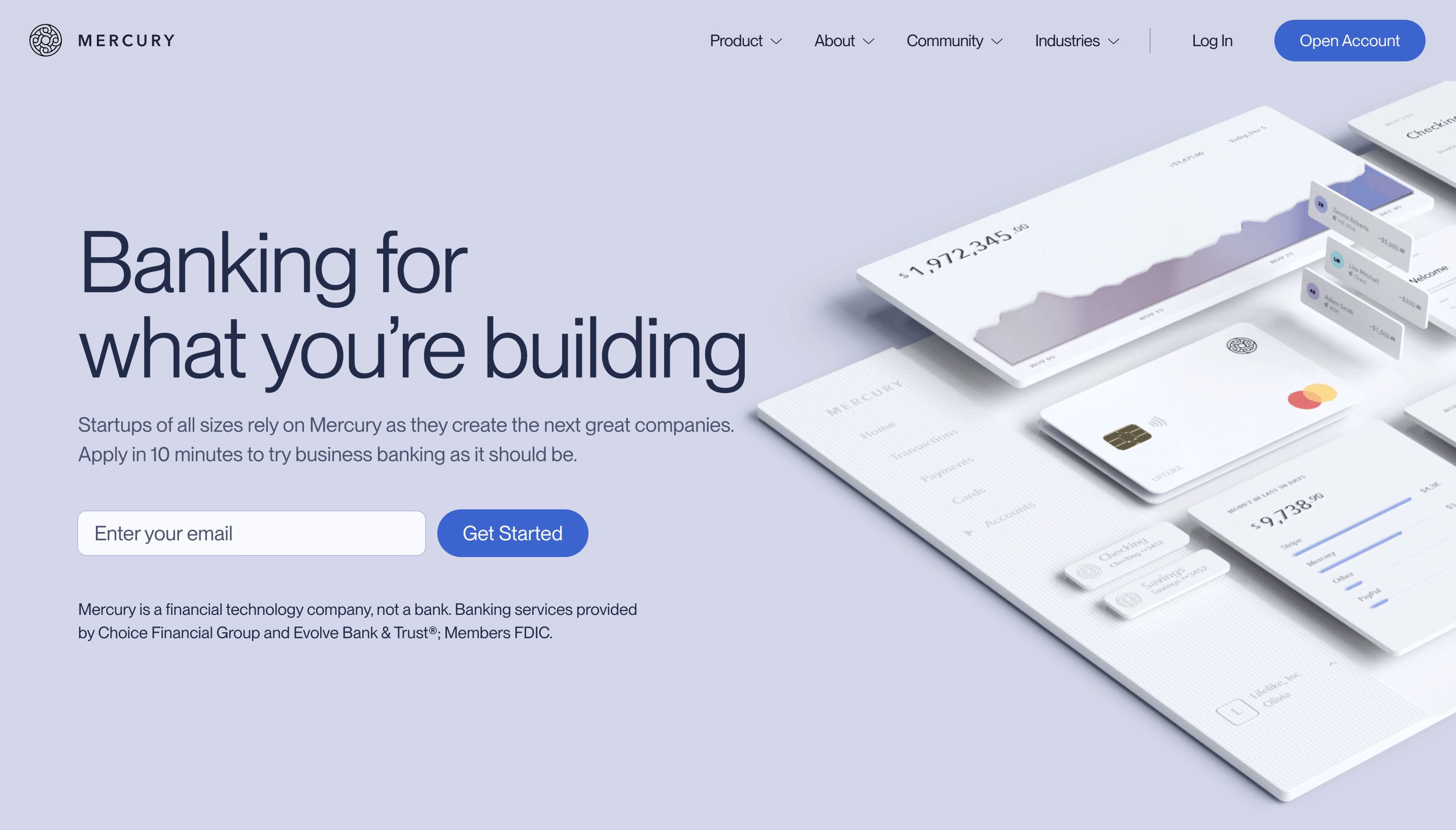
#8. The Jester
The Jester represents the goofy student looking to lighten the mood. These companies aim to make their customers happy by making them laugh, letting them know they are part of a community, and having a great time. For these companies, it’s all about savoring the present moment.
Jester brands, if they aren’t careful with their messaging, risk coming off as flippant or disrespectful. The Jester persona can be found in a wide variety of industries.
Descript is a wonderful example of a Jester brand. They’ve managed to remain fun and friendly over the years.
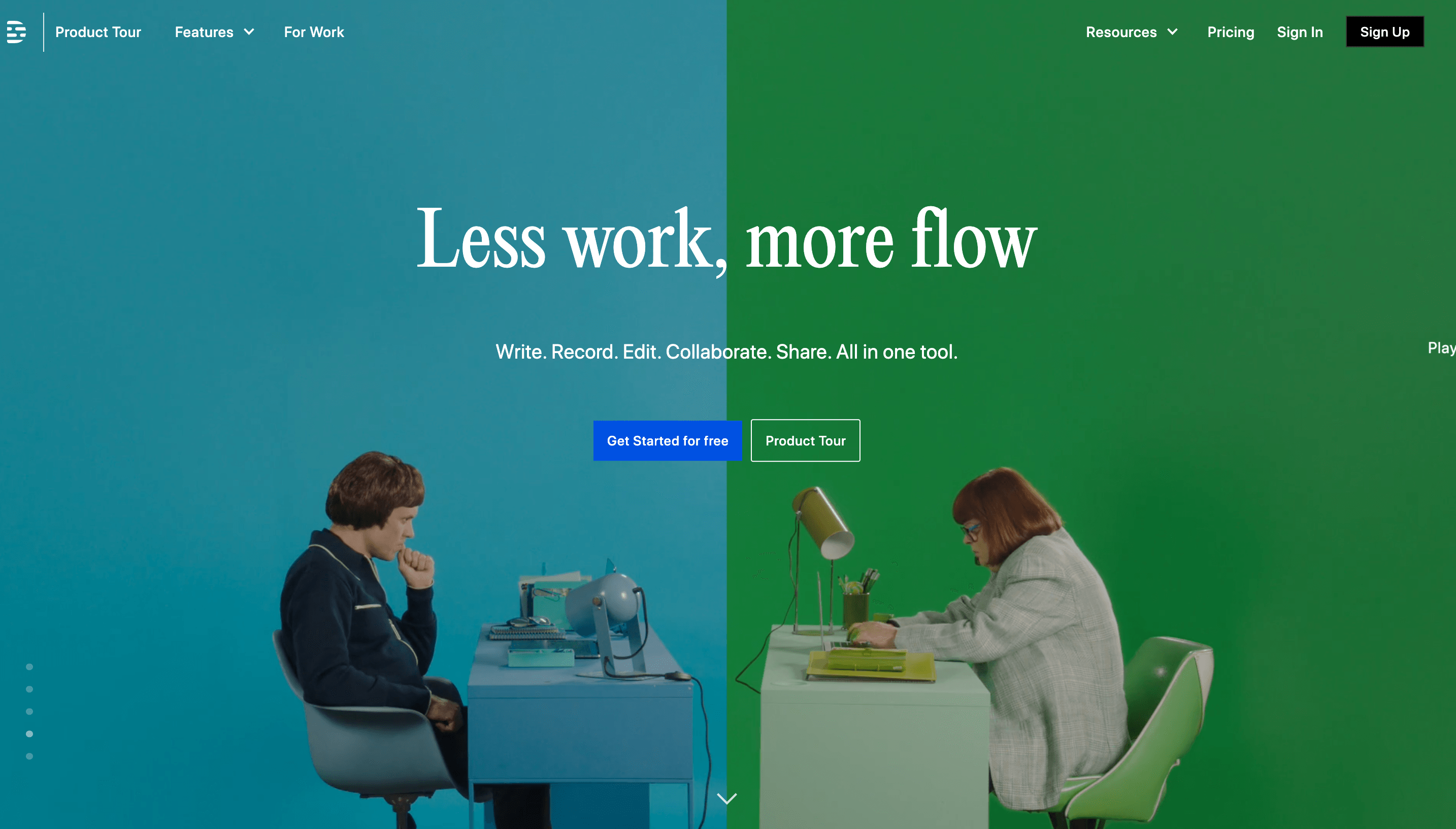
#9. The Caregiver
Whether they go by the name Caregiver, Nurturer, Parent, or Saint, this type of persona is motivated by a selfless desire to provide for and safeguard those in need.
This archetype is common in organizations that help people, like charities, healthcare providers, senior care facilities, hospitals, and educational institutions. Products from Campbell Soup, Johnson & Johnson, UNICEF, and TOMS Shoes are excellent examples of caregiver brands.
In the SaaS industry, Klaviyo definitely leans into the Caregiver archetype. They have an amazing reputation and have recently redesigned their brand towards a conservative black-and-white look.
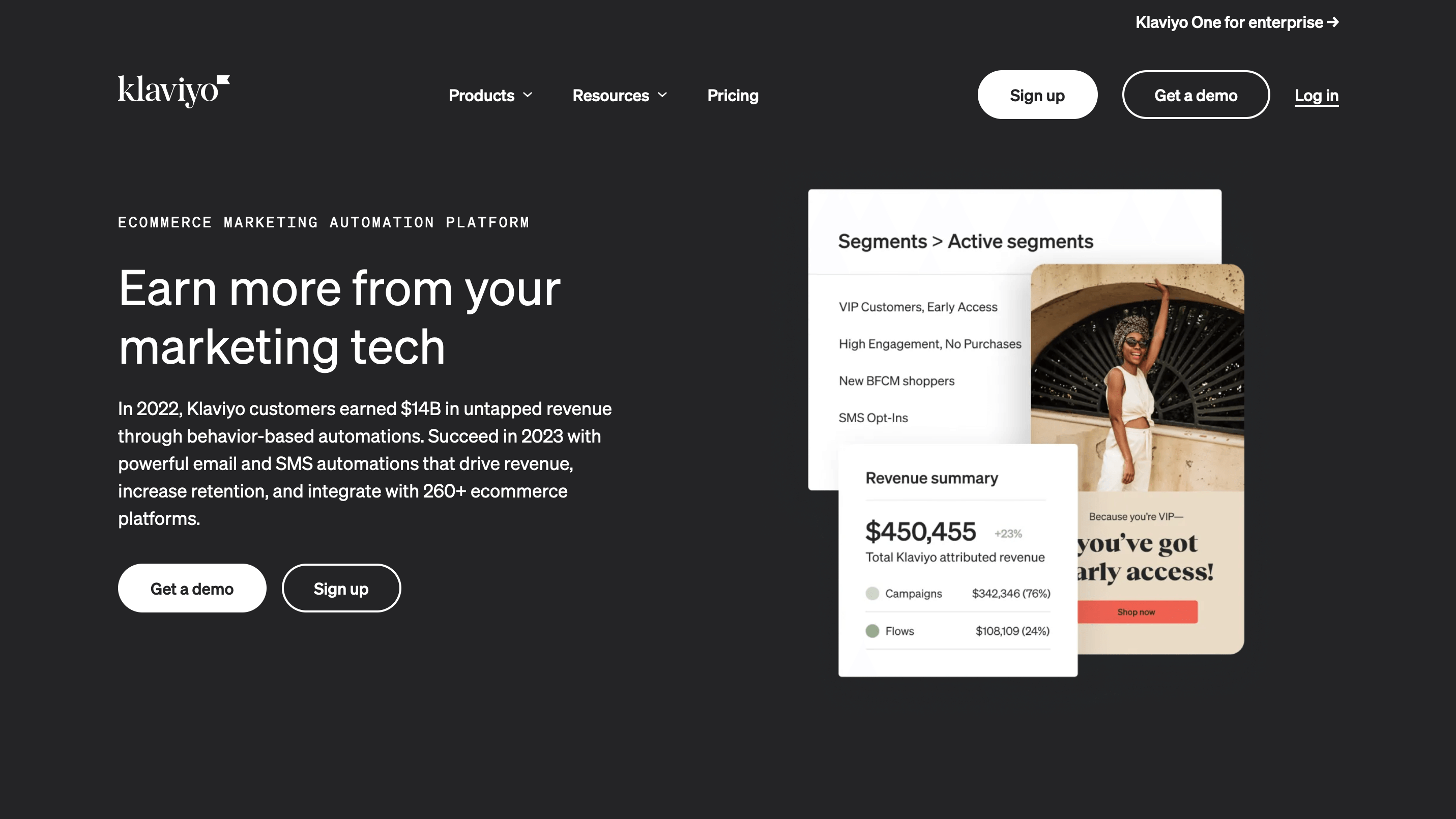
#10. The Everyman
The Everyman brand is a standard type of company whose products are used on a daily basis and also helps consumers feel like they belong in a community.
Everyman products include those geared toward the domestic sphere, such as homeware, food, clothing, and automobiles. The Gap, Wrangler, and Wendy’s are just a few examples.
The Everyman brand promotes itself with straightforward, no-frills messages that don’t single anyone out.
In the world of software, Zapier feels like the ultimate Everyman. We’re glad that their recent redesign feels fresh but keeps the brand going.
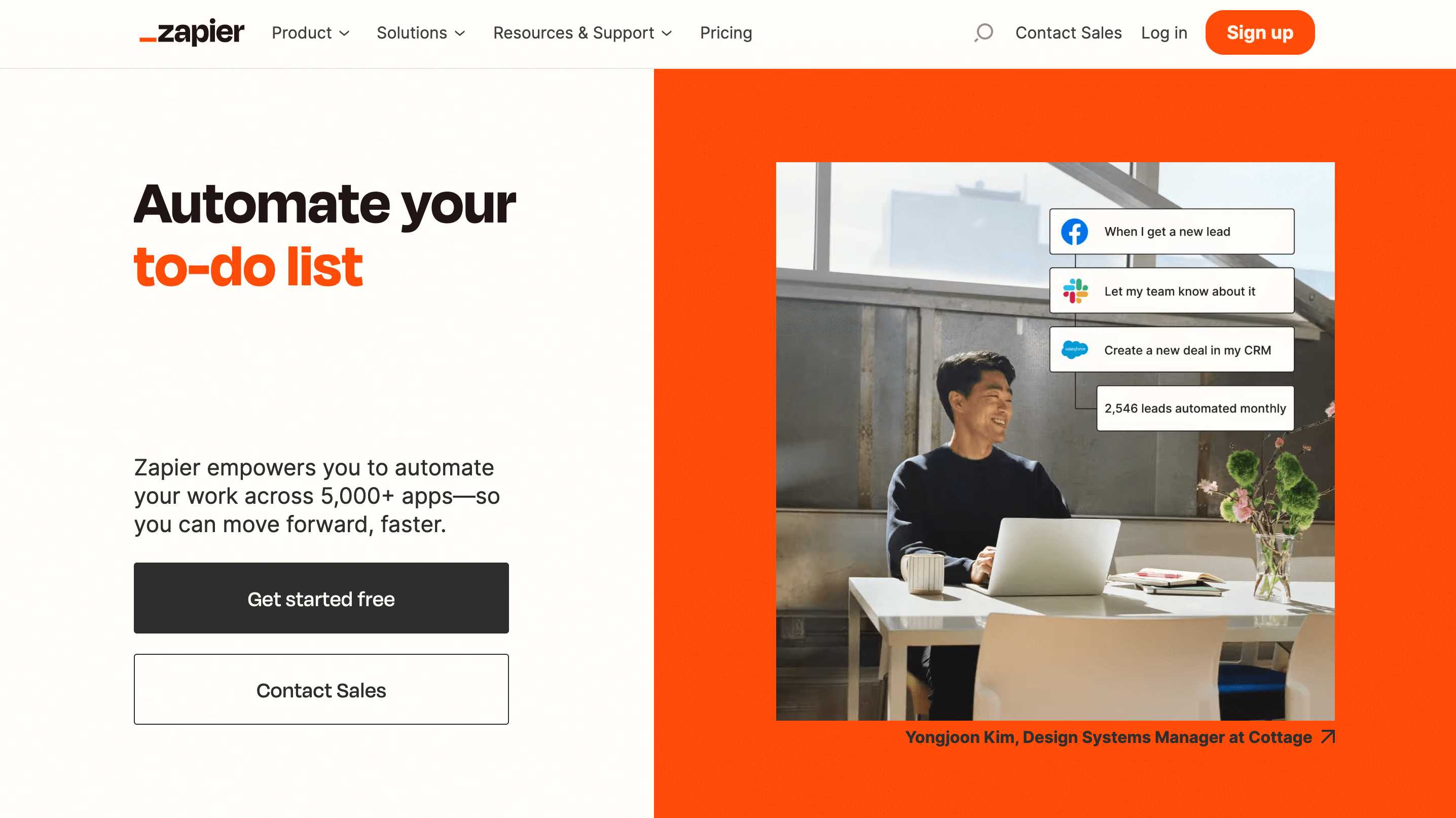
#11. The Ruler
In contrast to the Everyman brand archetype, the Ruler brand is strong and likes to bring order to chaos. These companies act as gatekeepers because they specialize in high-end products and services that make their customers feel like they are part of an exclusive club.
Examples of this type include luxury car and watch manufacturers, hotels, and formalwear designers. American Express, Mercedes-Benz, and Rolex brands are just a few that come to mind.
A perfect example of a Ruler among SaaS is Superhuman. They’ve been thriving on their invite-only mode for a long time, making access feel like you belong somewhere special.
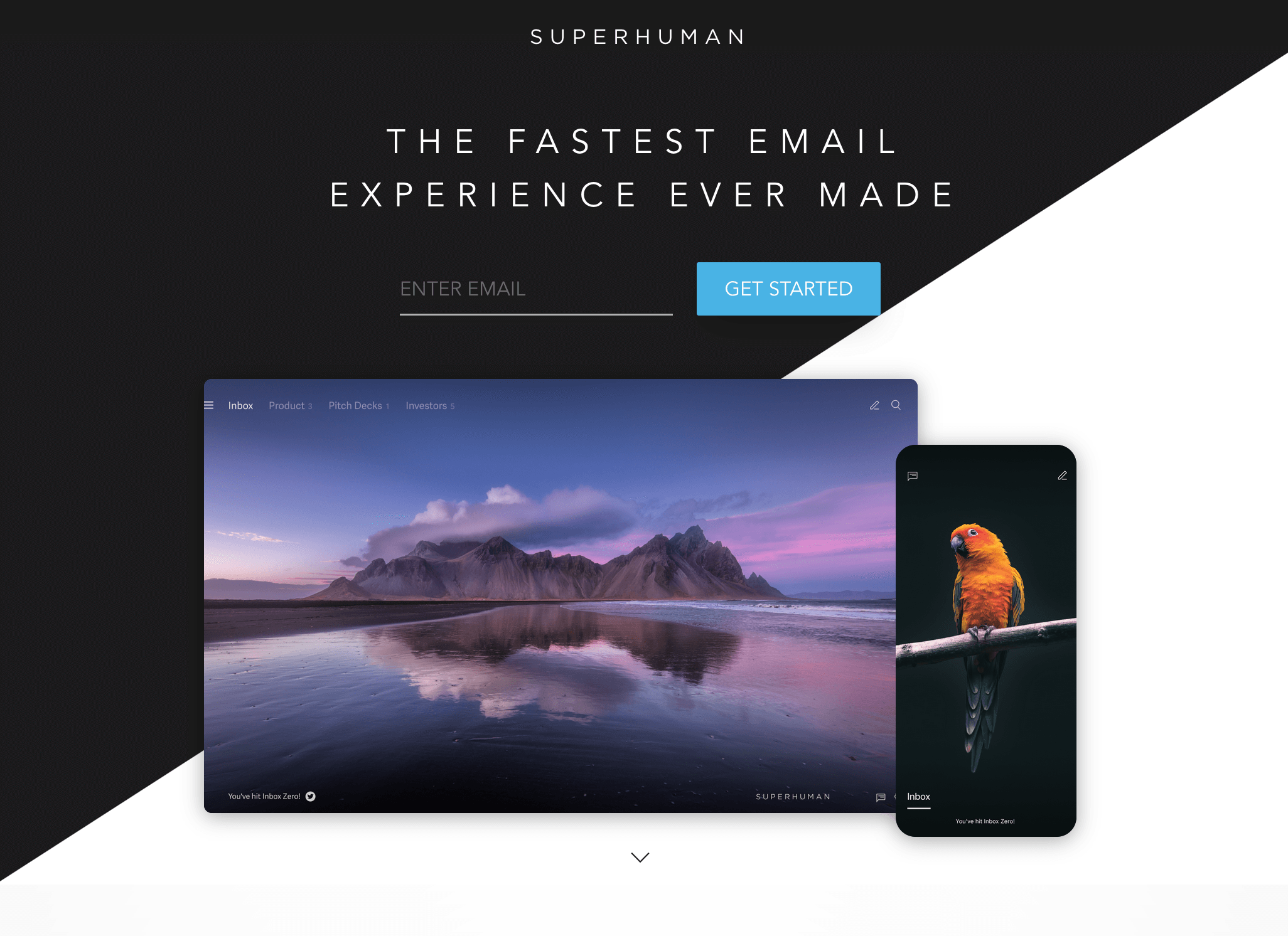
#12. The Creator
The Creator is a frequent persona for artistic, creative, commercial, and technologically oriented brands.
Even though the Creator has a strong need for independence, he or she is driven primarily by the desire for control.
Brands like Crayola, Adobe, and Canva, which encourage creative expression, and brands that dismantle old, inefficient systems and replace them with new, innovative ones, are all examples of creators.
Here’s a Creator brand we love: Pitch, the ultimate tool for making presentations. Their unique illustration style makes them easily recognizable among other products.
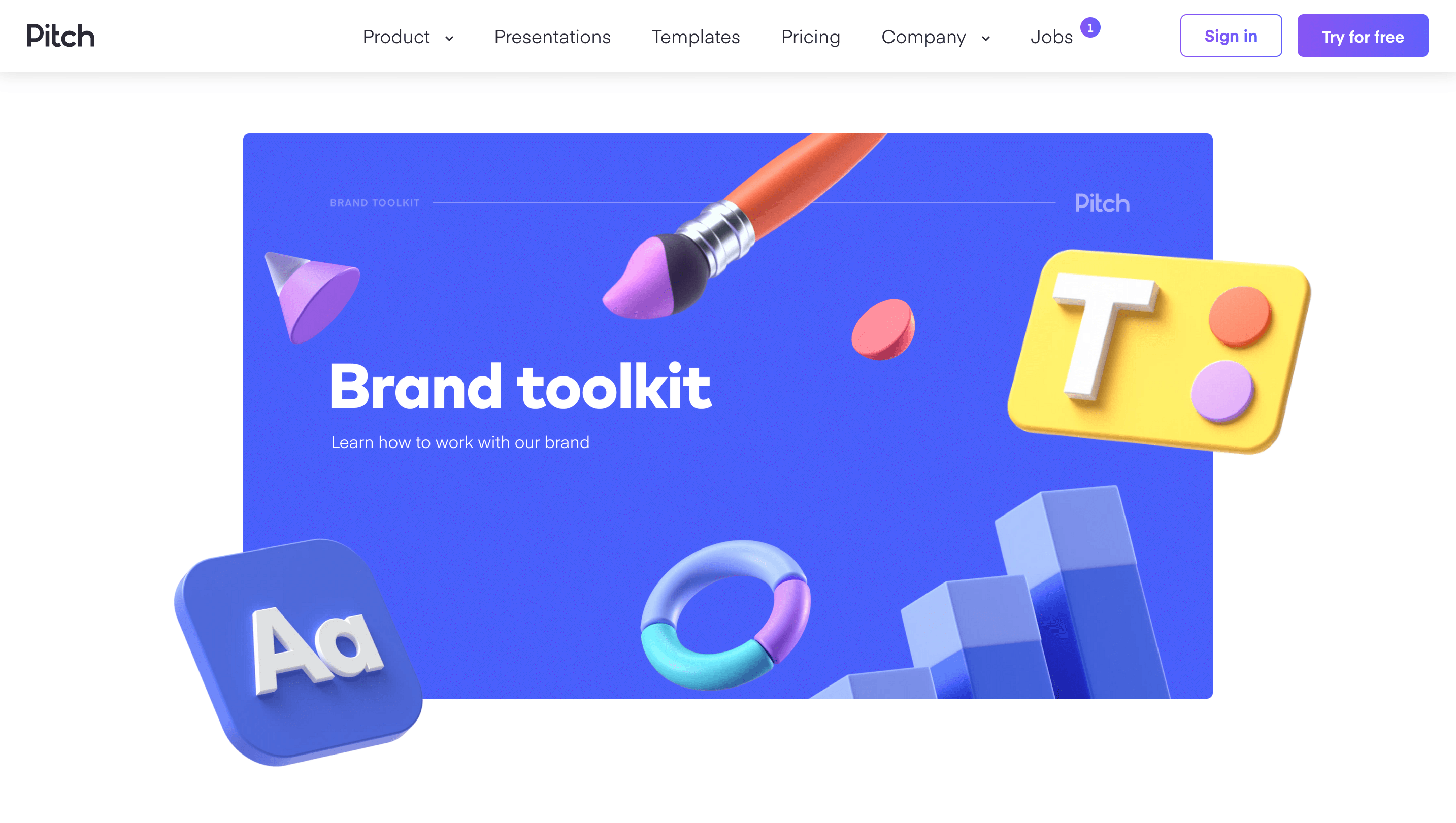
Final words
The archetypes of a brand can be used as a potent tool for customer engagement. They help give your brand a personality that people can believe in, making it easier for people to feel an emotional connection to it.
You can use their services to bring your company’s goals into focus and turn them into a compelling brand identity. The results could be a better reputation for your company’s brand, more interest in your products or services, and a strong base of loyal customers.
A SaaS brand can have a strong brand archetype and making the most out of it can help you build a better relationship with your users, making them feel more connected to your brand and empowering their loyalty.
Don’t miss out on new articles. Subscribe to our newsletter and get your monthly dose of SaaS email marketing insights.




